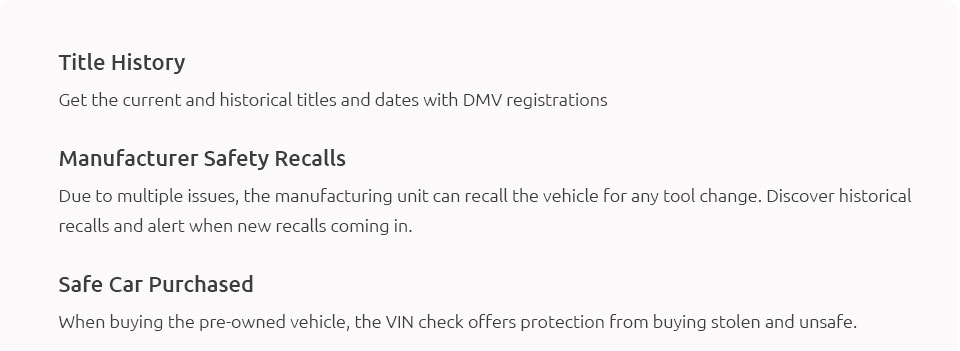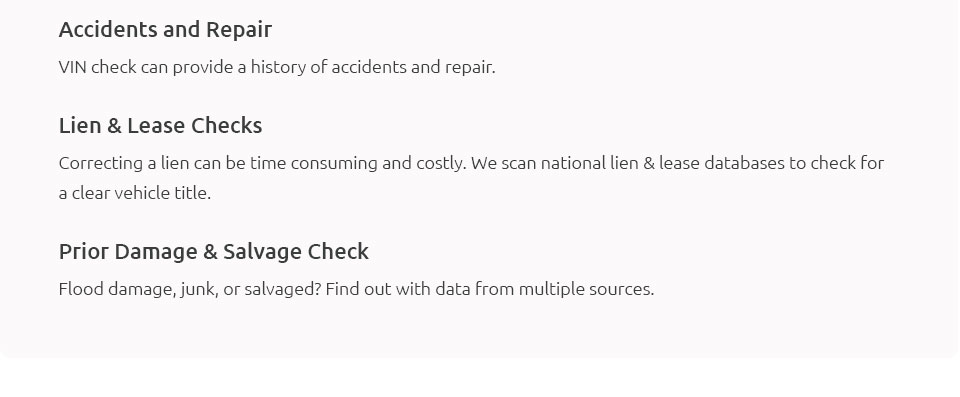 |
 |
 |
 |
 |
||
 |
 |
|
 |
 |
|
 |
 |
 |
 |
||
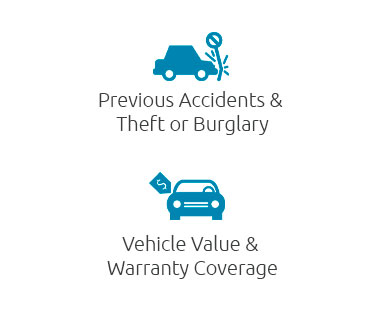 |
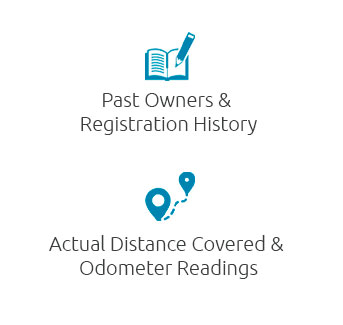 |
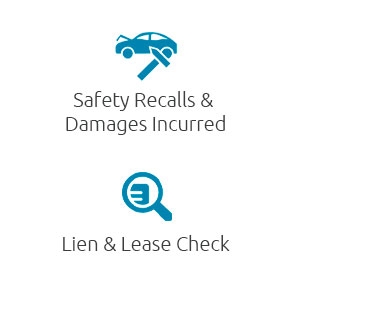 |
 |
 |
 |
||||
|
||||
 |
 |
Understanding My Car's Value Using the VINIn today's fast-paced automotive market, understanding the value of your car is crucial, especially if you're considering selling, trading, or insuring your vehicle. One of the most accurate ways to determine this is by utilizing the Vehicle Identification Number, commonly known as the VIN. The VIN serves as a unique identifier for every car, much like a fingerprint, providing a wealth of information about the vehicle's history and specifications. Why is this number so significant? Let’s delve into the myriad ways it can be used to assess your car's value. Firstly, the VIN reveals specific details about the car's make, model, and year of manufacture, which are foundational elements in determining value. Beyond these basics, the VIN can offer insights into the car's manufacturing plant and original equipment. It even provides information about the vehicle's engine type and trim level, which can greatly influence its market price. For a detailed breakdown of these specifications, you might find it useful to visit vin search specs. However, the value of a car is not solely determined by its specifications. A critical aspect to consider is the vehicle's history, which the VIN can help uncover. Through services like Carfax or AutoCheck, you can access a comprehensive report that includes previous ownership, accident history, title status, and service records. Knowing whether a car has been involved in a major accident or if it has a salvage title can significantly alter its value. If you need guidance on title searches, especially in specific states, you might want to explore how to do a title search in Georgia. Another aspect to consider is the current market trends. The automotive market is dynamic, with values fluctuating based on supply and demand, economic conditions, and consumer preferences. For instance, the rising popularity of electric vehicles might impact the value of traditional combustion-engine cars. Regularly checking updated pricing guides such as Kelley Blue Book or NADA Guides, in conjunction with your VIN report, can offer a more accurate picture of your car's worth. Lastly, remember that while the VIN provides a wealth of information, it should be part of a broader evaluation strategy. Factors such as the car's condition, mileage, and even geographical location can influence its value. It's wise to consider all these aspects to arrive at a fair and realistic valuation. In conclusion, leveraging the VIN is an invaluable tool in your car valuation toolkit, offering a detailed and comprehensive overview of your vehicle's standing. By combining this data with external market factors and personal insights, you can confidently ascertain your car's value, ensuring you make informed decisions in all your automotive endeavors. https://www.caranddriver.com/car-value-estimator/
Get your car's trade-in and private-party-sale values right here. Simply tell us about your vehicle, its options, and what you might be ... https://www.cbs42.com/news/national/how-to-look-up-your-used-cars-value-by-vin/
Owners wondering how much is my car worth ? can use the vehicle identification number , or VIN, to start the car valuation process. This 17- ... https://www.carvana.com/value-tracker
Based on this information, we will generate a personalized Vehicle Value Report immediately, plus you will start receiving these reports on a cadence decided by ...
|

